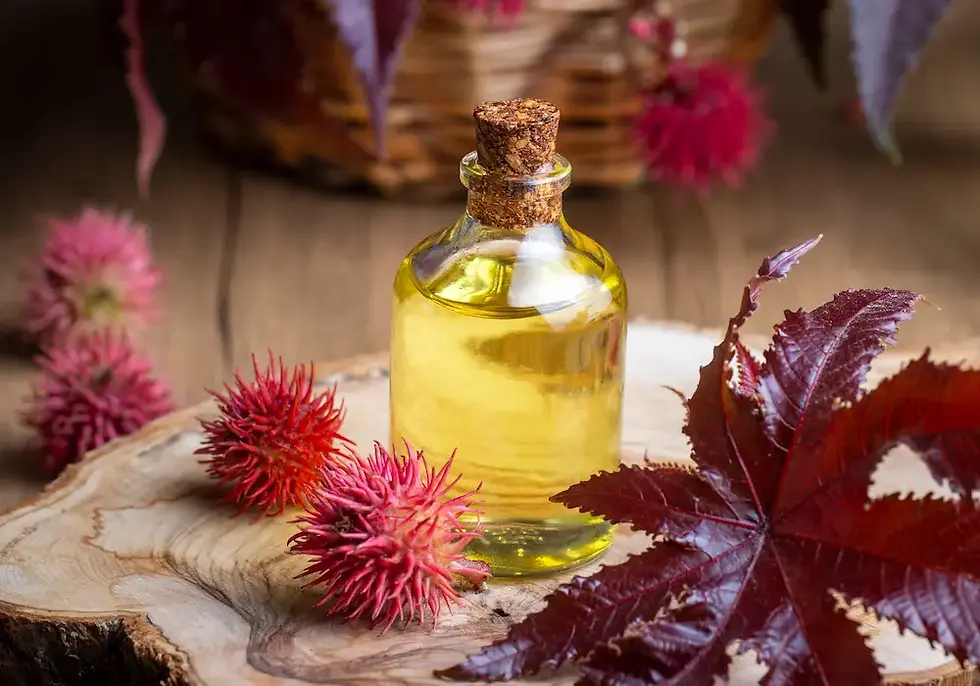DHT and Beard Growth
- Hairy Highlander

- Nov 20, 2023
- 2 min read
Updated: Mar 31, 2025
Testosterone, DHT, and Beard Growth: What You Need to Know
Testosterone is the key hormone driving many masculine traits, including muscle strength, libido, and beard growth. While testosterone itself is important, its more potent derivative, dihydrotestosterone (DHT), plays a crucial role in the development of facial hair and other masculine features. Around 10% of testosterone is converted into DHT, making it the stronger androgen responsible for beard growth, lean muscle mass, and voice deepening.
The enzyme 5-alpha-reductase is responsible for converting testosterone into DHT. When this enzyme functions efficiently, it promotes beard growth. However, too much DHT can also cause unwanted side effects, including hair loss on the scalp. For men hoping to optimize beard growth, maintaining a healthy balance of testosterone and DHT is crucial.
The Impact of 5-Alpha-Reductase and DHT Blockers on Beard Growth
Some men naturally produce more DHT, and increasing testosterone levels may lead to higher DHT production, although this depends on enzyme activity and genetic factors. Medications designed to inhibit 5-alpha-reductase—like finasteride—are sometimes used to manage conditions such as hair loss but can have side effects, including reduced libido and erectile dysfunction.
In the world of beard care, natural oils are thought to possibly influence the DHT conversion process. Some oils may have properties that affect the enzyme, but more research is needed to understand their full impact on beard growth. As such, it’s important to be cautious about oils or products that claim to block DHT, as these could potentially interfere with beard growth in some men.
Genetics and Beard Growth: Why Lifestyle Matters
While genetics ultimately play the largest role in beard growth, other factors such as lifestyle choices and environmental toxins can affect hormonal balance. Chemicals like BPA and phthalates, commonly found in plastics and cosmetics, are known to act as endocrine disruptors and can interfere with testosterone levels, possibly affecting beard growth.
For optimal beard growth, it's important to choose natural cosmetics and beard care products that are free from these disruptive chemicals, supporting your body’s natural hormone levels.
Final Thoughts: Supporting Healthy Beard Growth
Testosterone and DHT are crucial for beard growth, but maintaining a healthy balance and avoiding products that interfere with DHT conversion is key. While more research is needed, opting for natural, chemical-free products can help support your beard’s natural growth cycle.



